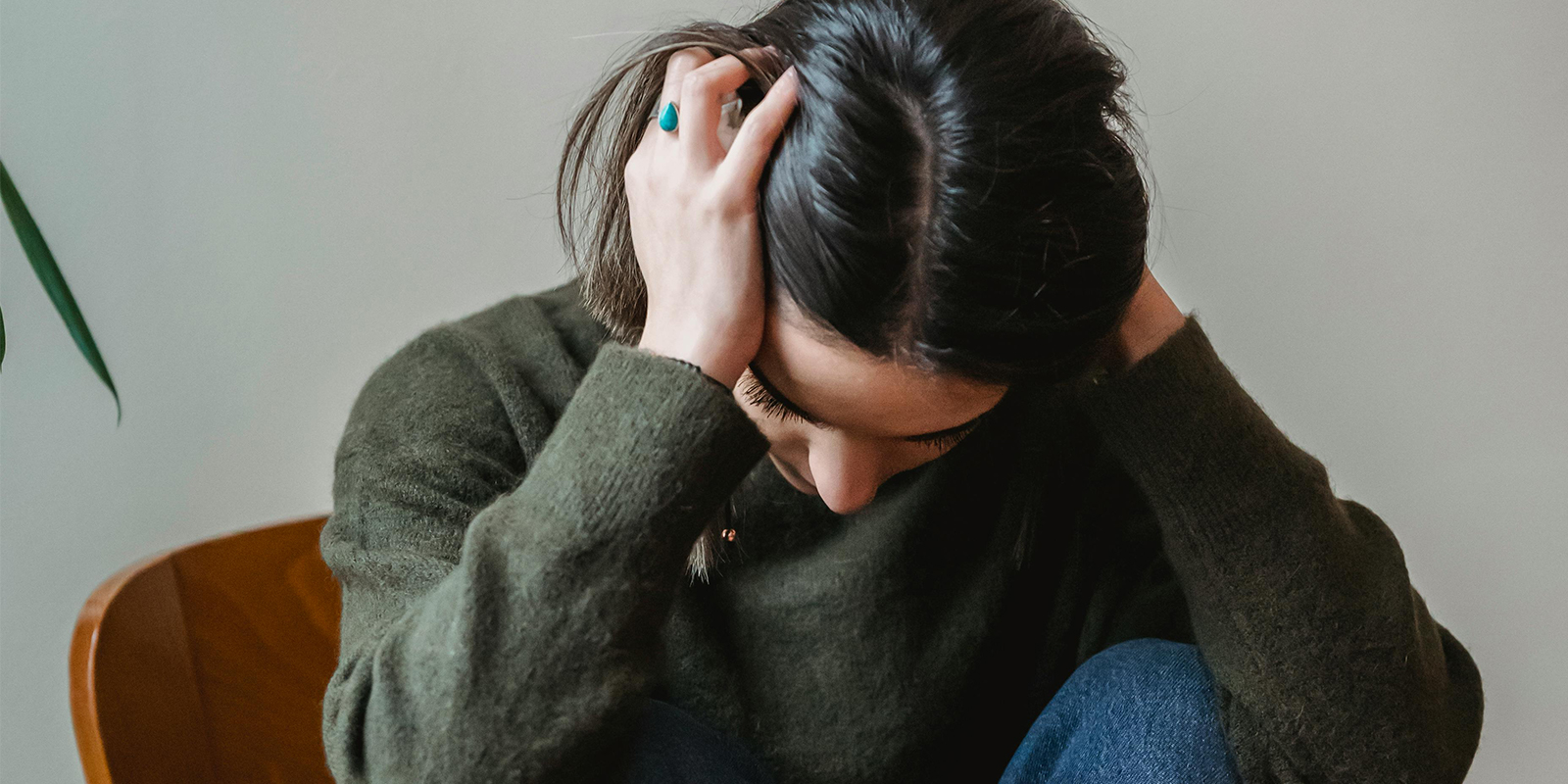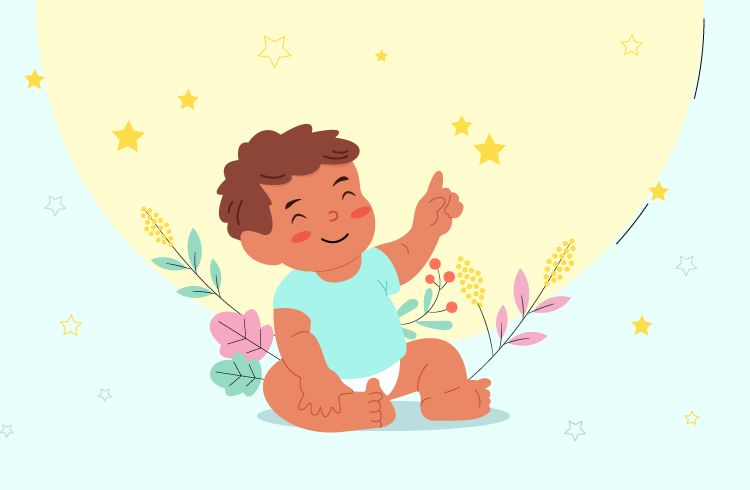According to the U.S. National Institute of Mental Health, postpartum depression is a condition in which the levels of estrogen and progesterone in a woman's body drop dramatically during the 2-3 months following the birth of a child, triggering mood swings. No specific substance has been found to trigger postpartum depression, which is mainly due to physical and psychological factors. Symptoms of postpartum depression mainly include nervousness, suspicion, guilt fear, etc. In severe cases, patients have extreme thoughts or behaviors such as despair, running away from home, harming the child, or committing suicide.

When Does Postpartum Depression Start?
Mild postpartum depression may start immediately after you give birth, but it is difficult to notice because feeling tired and upset in the days just after giving birth to your baby would be considered normal. When these emotions continue until 1-2 months after delivery, when your family and friends congratulate you that you have entered the new stage of life, but you’re in a bad mood all the time, this is when you may realize that it is postpartum depression.
This is how many postpartum depressions are detected. Some women suffer from depression during pregnancy and up to a year after giving birth, which means that the time of depression is not fixed within 1-2 months after giving birth, so please do not ignore your feelings at any time.
How Long Does Postpartum Depression Last
If caught early and intervened on, and the mother's emotions are cared for and valued, the symptoms of postpartum depression will also stay at the milder manifestations of nervousness and anxiety and will not last very long, usually resolving within 3-6 months. However, according to a 2014 study, many participants were still coping with postpartum depression 6 months after giving birth, with about 30%-50% meeting the criteria for PPD at 1 year postpartum and about half of other participants still reporting depressive symptoms at 3 years postpartum.
Ways to Deal with Postpartum Depression
- Self-Care
Focus on yourself, building a self-care routine such as getting enough sleep, taking supplements like omega-3, and Vitamin C, and eating a health diet. Spending more time on taking care of yourself to get relief from emotional barriers.
- Try to Do Exercises
Exercise is a great way to help metabolize your emotions, but your postpartum body is not suited for strenuous exercise, try yoga, meditation, and other soothing exercises properly can help you get out of postpartum depression.
- Breastfeeding If You Can
Breastfeeding shows the effects of reducing the risk of developing postpartum the NIH Study, connects moms and babies, however, breastfeeding inevitably will slow down the recovery speed of moms’ bodies, so moms can decide whether to breastfeed or not.
- Seek Medical Help
If you’re not sure that you are developing postpartum depression, please contact your healthcare provider. They can be your obstetrician, primary care physician, or mental health practitioner. Your baby's pediatrician can also help you.
Conclusions
Preparing for pregnancy and childbirth is a grueling life journey and a major test of a woman's health, both physically and psychologically. Postpartum depression is not uncommon and is caused by fluctuating hormone levels in the body. Severe postpartum depression is usually linked to the external environment, so please pay enough attention to your health at all times to minimize the impact of the external environment on you.






-can-you-test-positive-page.png)


